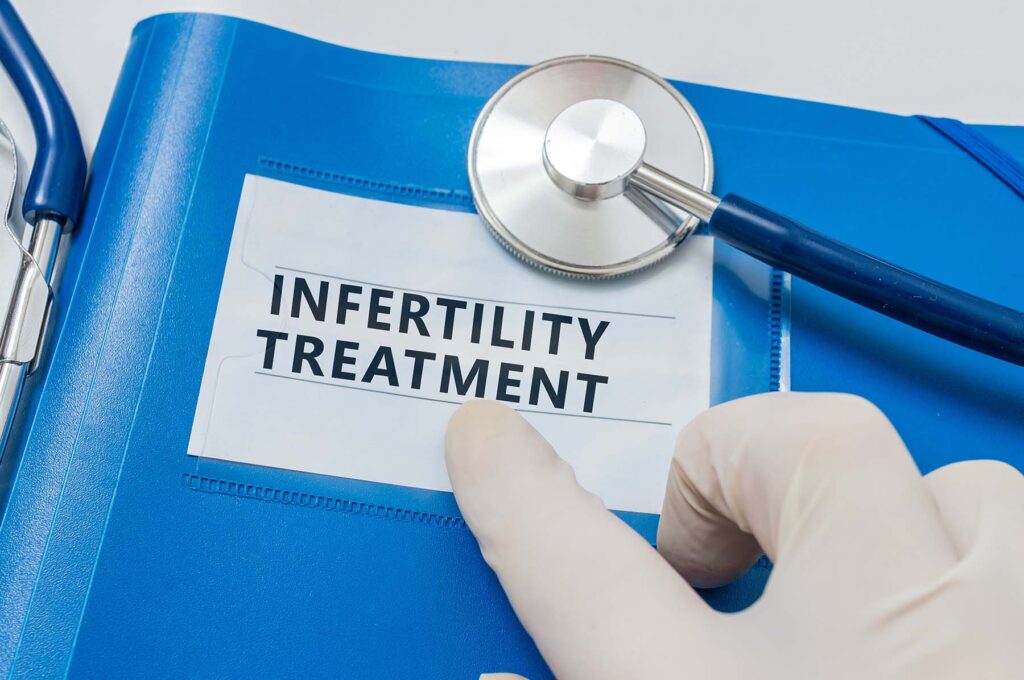
09 Sep Understanding the Role of OBGYNs in Preventing Infertility
An OBGYN, or obstetrician-gynecologist, plays a significant part in a woman’s reproductive health journey. Regular visits to an OBGYN can help identify and manage factors that might affect your ability to conceive. By focusing on preventive care and early detection, your doctor provides guidance and support for your long-term fertility. Understanding this role can empower you to take proactive steps in managing your reproductive wellness.
How Do Screenings Help Fertility?
Regular check-ups and screenings with your OBGYN are a key part of proactive reproductive health management. These appointments allow your doctor to monitor your health and detect potential issues before they become more complex. During these visits, your OBGYN performs routine tests and physical exams, like Pap smears and pelvic exams, to check for abnormalities. These screenings can uncover underlying conditions that might otherwise go unnoticed.
Your doctor uses your health history and screening results to build a complete picture of your reproductive health. If any concerns arise, they may recommend further diagnostic tests to investigate. Early identification of certain conditions allows for timely management, which can support future fertility. This proactive approach helps you address health issues early, giving you a better foundation for family planning.
Which Conditions Affect Fertility?
Certain medical conditions are more closely linked to fertility challenges than others. Your OBGYN is trained to diagnose and help manage these issues. Here are some common conditions that influence fertility:
- Polycystic Ovary Syndrome (PCOS): This hormonal imbalance can interfere with regular ovulation. It is a frequent cause of infertility in women.
- Endometriosis: This condition occurs when tissue similar to the lining of the uterus grows outside of it. It can cause inflammation and scarring, affecting the function of the ovaries and fallopian tubes.
- Uterine Fibroids: These are noncancerous growths in the uterus. Depending on their size and location, they sometimes interfere with conception or pregnancy.
- Sexually Transmitted Infections (STIs): Untreated STIs, like chlamydia and gonorrhea, can lead to pelvic inflammatory disease (PID). PID may cause scarring and blockages in the fallopian tubes.
Managing these conditions often involves a personalized approach. Your OBGYN can develop a plan tailored to your specific health needs and goals.
Does Lifestyle Guidance Support Fertility?
Your OBGYN may also provide practical advice on lifestyle habits that may influence your reproductive health. Conversations during your appointments can cover topics such as diet, exercise, and stress management. Your doctor may offer personalized recommendations based on your individual health profile and circumstances. This guidance is meant to support your overall well-being, which is connected to your reproductive system.
Making certain lifestyle adjustments may contribute to a healthier reproductive environment. Maintaining a healthy weight through balanced nutrition and regular physical activity may help regulate menstrual cycles. Your OBGYN can help you set realistic goals and provide resources to support you in making positive changes. This collaborative effort helps you feel more in control of your health.
Consult an OBGYN
Your OBGYN plays a role in protecting your fertility by offering regular screenings, early detection of medical conditions, and personalized lifestyle guidance. By taking a proactive approach, you can address potential concerns before they become serious. Scheduling a consultation with an OBGYN is a great step to discuss your health and family planning goals. They provide the information and support you need to make confident, informed decisions about your reproductive future.

No Comments